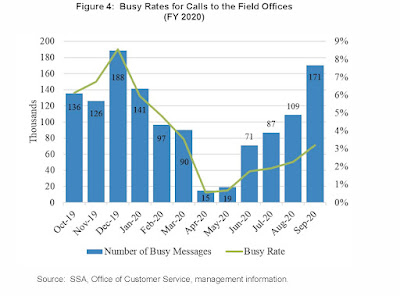The Senate Finance Committee has released an updated version of its portion of the Build Back Better Act, the huge budget reconciliation bill that has already passed the House of Representatives. It contains two parts that affect the Social Security Administration. At the very beginning of the 1,180 document is a four week comprehensive paid leave benefit to be administered by Social Security and at the very end of the bill is extension of SSI to U.S. territories. As best one can tell, extension of SSI to the territories is uncontroversial, at least among Democrats, while paid leave is very controversial with one Democrat, Senator Joe Manchin. His possible opposition is crucial since it will take every Democrat in the Senate voting for the bill to pass it.
The comprehensive paid leave part of the bill would appropriate to Social Security at addition $1.5 billion in the current fiscal year and $1.59 billion a year thereafter for administration of the benefit. §2206(b). There would be an additional half a billion for FY 2024, the year in which comprehensive paid leave would start. §2206(c). By the way, there's no additional money appropriated in the bill for the extension of SSI to the territories.
No doubt Social Security will find administration of comprehensive paid leave challenging, if it passes. The thing about this is that if this passes getting it going will become a huge priority for the Biden Administration. The Social Security Administration's current backlogs cannot be allowed to persist or it will be impossible to implement comprehensive paid leave. If it is to get this additional workload, the agency's field offices, payment centers and teleservice centers must be massively buttressed with additional staff and this can't wait until the last minute. This can't be accomplished just with overtime. The agency will need to completely clear off its current backlogs and fully train its staff. If this passes in its current form the money may be there to do that. If this bill doesn't appropriate enough, the Biden Administration will be highly motivated to find additional money. I don't know how this sounds to Social Security employees but to someone like me who's on the receiving end of the agency's services, it sounds great.









